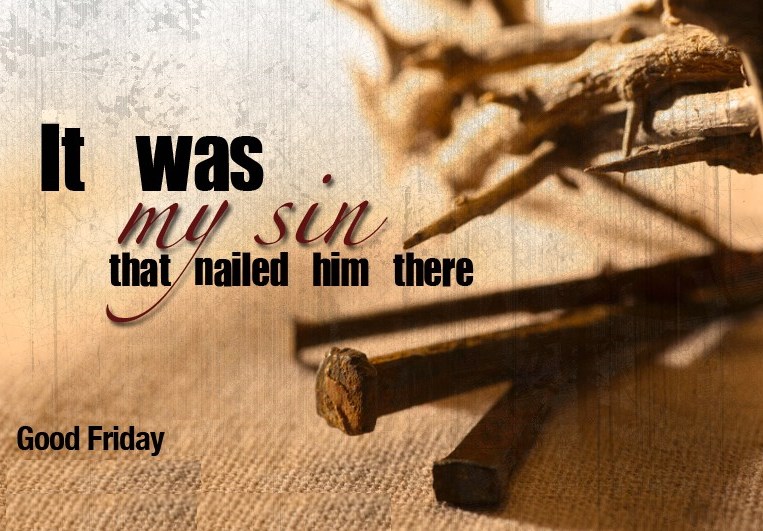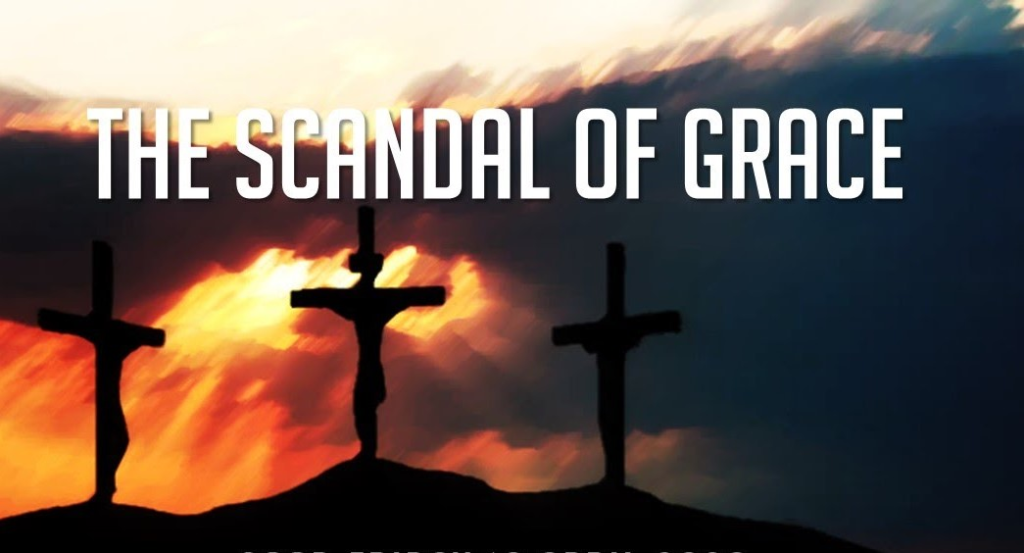
Then God said, “Let us make man in our image, after our likeness. And let them have dominion over the fish of the sea and over the birds of the heavens and over the livestock and over all the earth and over every creeping thing that creeps on the earth.” So God created man in his own image, in the image of God he created him; male and female he created them. – Genesis 1:26-27
“Come to me, all who labor and are heavy laden, and I will give you rest. Take my yoke upon you, and learn from me, for I am gentle and lowly in heart, and you will find rest for your souls. For my yoke is easy, and my burden is light.” – Jesus – Matthew 11:28-30
“Everyone the Father gives me will come to me, and the one who comes to me I will never cast out.” – Jesus – John 6:37
So Jesus said to the Jews who had believed him, “If you abide in my word, you are truly my disciples, and you will know the truth, and the truth will set you free.” – John 8:31-32
We are created in the image of God. Astounding fact! That means we are hard-wired for goodness and beauty, love and creativity, mercy and justice. Our problem then? Sin. From the beginning, sin has seeded our nature with self-serving and the warped sense that we belong to ourselves not to the God who knows and loves us perfectly. Apart from surrendering ourselves to His lordship, we attempt to live fragmented with bits of His DNA at work in us but far from what He had in mind for us…far from the freedom we can have in Christ’s forgiveness.
This brings us to the beautiful story Jesus told of the prodigal son. In this parable, Jesus brings into focus the lives and relationships of three men – a father and his two sons. The younger son rejected the life his father had for him and chose to sever himself from him. He asked for his inheritance and his father let him go to what would become a life of debauchery…living loosely on the means he did not earn, except by his lineage from his father. The older son stayed with his father, serving him (and tending his own future) as before. The father was heart-broken, and, although it isn’t written, maybe the older son went looking for the younger son to bring him back home. Or maybe he did not. We don’t know. Once the money ran out, the younger son found himself alone and hungry, without relationship or worth. Shame and regret were his only companions. He decided to return to his father asking for his mercy. Was he truly contrite and repentant – we can’t know his heart. He for sure wanted relief from the constant distress he endured, consequence of his poor choices. As he came, his father recognized him, from far off, as if he never stopped looking for his return. The father came running to receive him, welcoming him back home. The older brother? Not so much. In his own self-righteousness, the older brother did not rejoice, even when it pained his father’s heart that he had such a response. Being a good father has its own anguish, and we should always remember that in our love for God and in our treatment of those He loves.
The Parable of the Prodigal Son

The Parable of the Running Father – Geoff Thomas
What the Prodigal Son’s Father Teaches Us About Love and Truth – John Clark [this piece is written by a Catholic author. For those of us not Catholic, don’t let that put you off from reading a beautiful essay on God’s relationship with us and His desire for us to know Him and walk with Him.]
Singer, songwriter Brandon Lake just released his latest single “Daddy’s DNA”. It’s a beautiful, honest confession of a prodigal (most likely some of which is Lake’s own story).
Parable of the Prodigal Son (Luke 15:11-32) – David Gowler
The Prodigal Son’s Father Shouldn’t Have Run! – Putting Luke 15:11-32 in Context – Matthew Williams
Worship with me.
I thought the world had something special I was missing
My daddy told me not to chase it, I didn’t listen
I fell downhill a mile a minute
Before I knew it, I was livin’
In a pig sty a long, long way from home
I went runnin’ like a rebel
Racked up debts I couldn’t pay
I went dancing with the devil
With one foot in the grave
How the Heaven did I get here?
Went and threw it all away
All I’ve given You was trouble
All You’ve given me was grace
And the freedom I was chasing felt like prison
Lord, I’ve done so many things, wish I didn’t
And after all the risky business
Could I ever be forgiven?
I’m afraid to even ask to come back home
‘Cause I went runnin’ like a rebel
Racked up debts I couldn’t pay
I went dancing with the devil
With one foot in the grave
How the Heaven did I get here?
Went and threw it all away
All I’ve given You was trouble
All You’ve given me is grace
Given me was grace
When I sobered up, and came back to my senses
I was too far gone to make up all the distance
I gambled all that I’d been given
I was broke, alone and wishing
That I could turn around and go back home
When I heard the sound of footsteps down the road
And You came runnin’ like a rebel
Paid off debts I couldn’t pay
You went dancing with the devil
Sent that liar to his grave
How the Heaven did I get here?
Where every sin has been erased
All I’ve given You was trouble
All You’ve given me is grace
There was something in the marrow
Always coursing through my veins
Buried deeper than the rubble
Is My Daddy’s DNA*
I love this song. The bridge (or benediction?) at the end really gave me pause. We do have the Lord’s DNA in us…what we do with that has eternal consequence. Either we think it is really our DNA and we can live our lives for ourselves, our own ambition and pleasure, and our own perceived destinies…or we recognize Whose we are and what we need to do to alter course and take on the life we were meant to have. That is where joy and freedom really lie. To recognize the prodigal nature in all of us and to return Home to a Father who came for us, in Jesus, and continues to come for us through the Holy Spirit at work in our lives.
My prayer is that His DNA is on beautiful display in all who call Him Father.
*Lyrics to “Daddy’s DNA” – Songwriters: Brandon Lake, Hank Bentley, Jacob Sooter








































